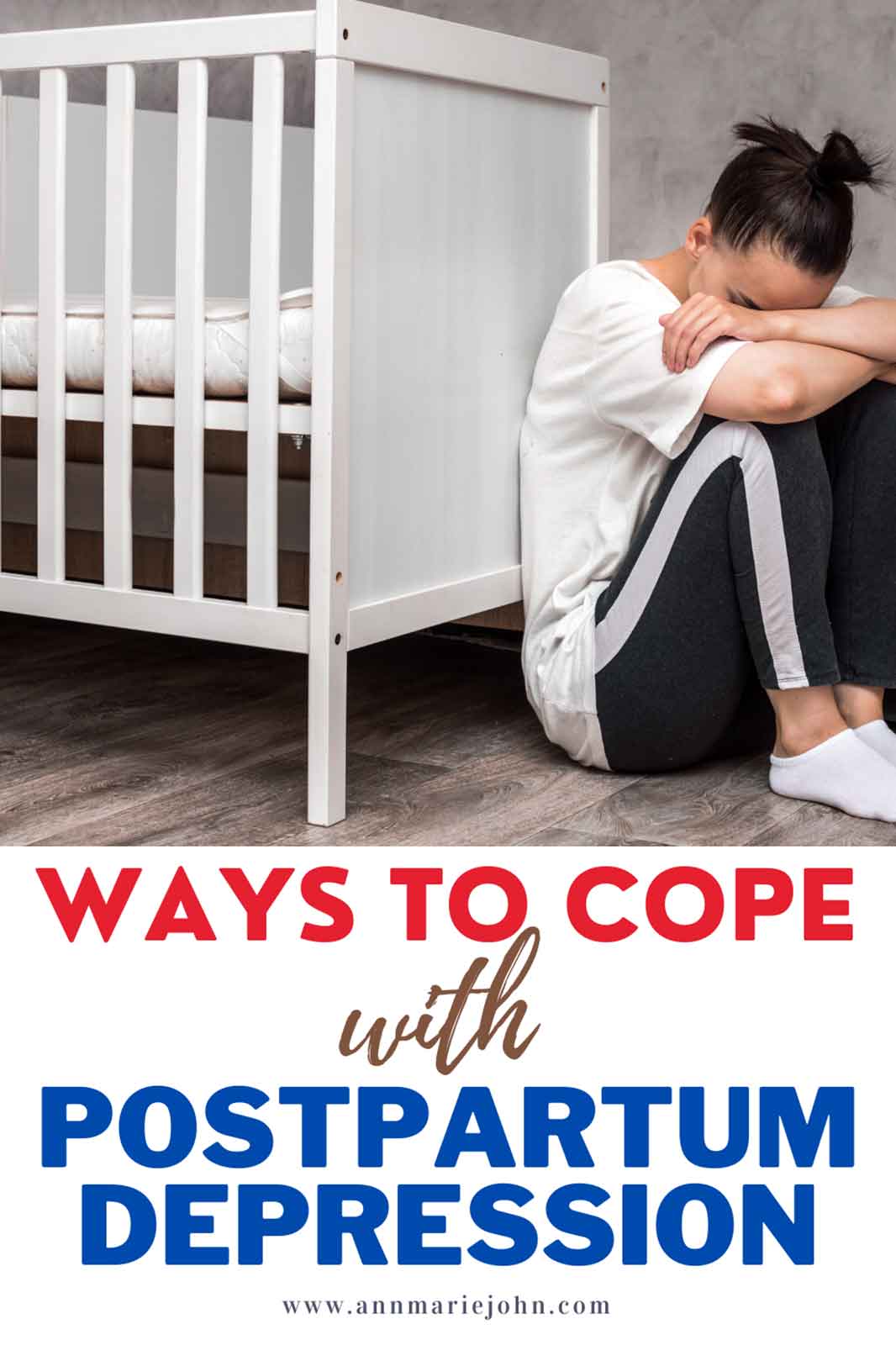
You’ve just had a baby; it’s one of the best days of your lives. Yet now you’re feeling a little down, hopeless, and unloved. It might not just be a passing emotion; it could be postpartum depression (PPD). But don’t worry; there are lots of things you can do and it’s only temporary.
Postpartum Depression is a condition that affects mothers and fathers shortly after having a child. The exact cause isn’t known, but there are lots of ideas and risk factors. Major changes in the parent’s lives may be a cause, like sleep deprivation. However, research also points to a lot of other factors, like genetics or situational issues.
If you or a loved one are experiencing symptoms of depression after childbirth, they could be suffering from PPD. People suffering from PPD feel helpless and benefit greatly from increased support.

The Specific Signs Associated with Postpartum Depression
PPD isn’t the same as normal depression. There are specific signs that point to a diagnosis of postpartum depression. And, of course, it must occur shortly after the birth of a new child.
Some of the more common symptoms of PPD are low energy, anxiety, uncontrolled crying, irritability, and extreme sadness. Many other depression-associated symptoms may be present. People may be at an increased risk of experiencing PPD if they have a background of emotional disorders, a family background of depression, current psychological stress, and alcohol or drug use disorders.
If the cause is related to a history of substance abuse, you may need to consider a form of treatment. An expert from iRecover says that alcohol or drug issues complicate PPD and may need to be addressed before resolving the depression. Regardless of the cause and symptoms a person experiences, there are several ways you can cope with this disorder.
There is good news: PPD is temporary and there are a lot of good coping mechanisms to get through this period of time with a smile on your face.
A Variety of Treatments Can Help Alleviate This Problem
There are a few ways to deal with PPD. If you visit your physician, they will likely suggest a combination of therapy and medications. Lifestyle and preventative measures are also effective. This article will briefly discuss the different treatment methodologies so you can make an informed decision.
Treatment options include:
- Therapy. Individual, social, and psychological interventions are all effective.
- Medication. SSRIs, hormone therapy, and even oxytocin supplementation can all be helpful.
- Preventative and lifestyle measures are probably the safest and most effective treatment approach

Therapy
Therapy can help PPD because the condition is often accompanied by a feeling of loneliness and helplessness. Sometimes all a person needs is some support and even advice from other parents. That’s because while PPD has physiological markers, it is very much a kind of mental and emotional stress related to the drastic new changes that have just occurred. For example, a new mother may be feeling like her old life is over, her career is finished, and her body has changed.
Several kinds of therapy seem to benefit PPD sufferers, especially cognitive behavioral therapy, interpersonal therapy, and traditional counseling. The important thing is to seek help and talk about your feelings with a professional.
Medication
Medical intervention includes a variety of approaches. SSRIs are the go-to medication to treat the condition. However, tiny amounts of this drug may end up in breastmilk and that is something to be considered before starting SSRI therapy. SSRI therapy also has its own set of side-effects and negative outcomes. So it may not be the best approach.
Another medical option is hormone replacement therapy. That’s because post-delivery, mothers experience a massive drop in sex hormones, and these hormones are mood-elevators and are essential for good mental health.
Preventative and Lifestyle Measures
Finally, preventative measures are the healthiest and most beneficial intervention available. Because PPD is associated with thoughts of abandonment and hopelessness, setting up a good support group of friends or calling on family to assist can benefit greatly. Young parents need to catch up on sleep, and they need to do things that make them feel normal. This alone can lead to improved mental health.
Partners of the birth parent need to be extra supportive and careful to ensure that the new mother feels loved and supported. This is essential. As well as getting some much-needed sunlight and a little exercise.
This Form of Depression is Common and Temporary
Assuming you don’t have a very difficult family situation or drug addiction, postpartum depression is temporary. It will go away. Most cases of PPD last between 6 and 8 weeks. Don’t make any rash or life-changing decisions during this time. Soon enough, you’ll have mental clarity and you may regret decisions that you made during this time.
PPD is a very common disorder and affects up to 15% of new mothers. You are not alone.
If you or a new mother or father in your social circle is struggling, consider the diagnosis of PPD and its 3 major treatment paths. Information is your friend; be sure to supplement your treatment with information regarding lifestyle modifications. Taking a multi-pronged approach will lead to the best outcomes.
